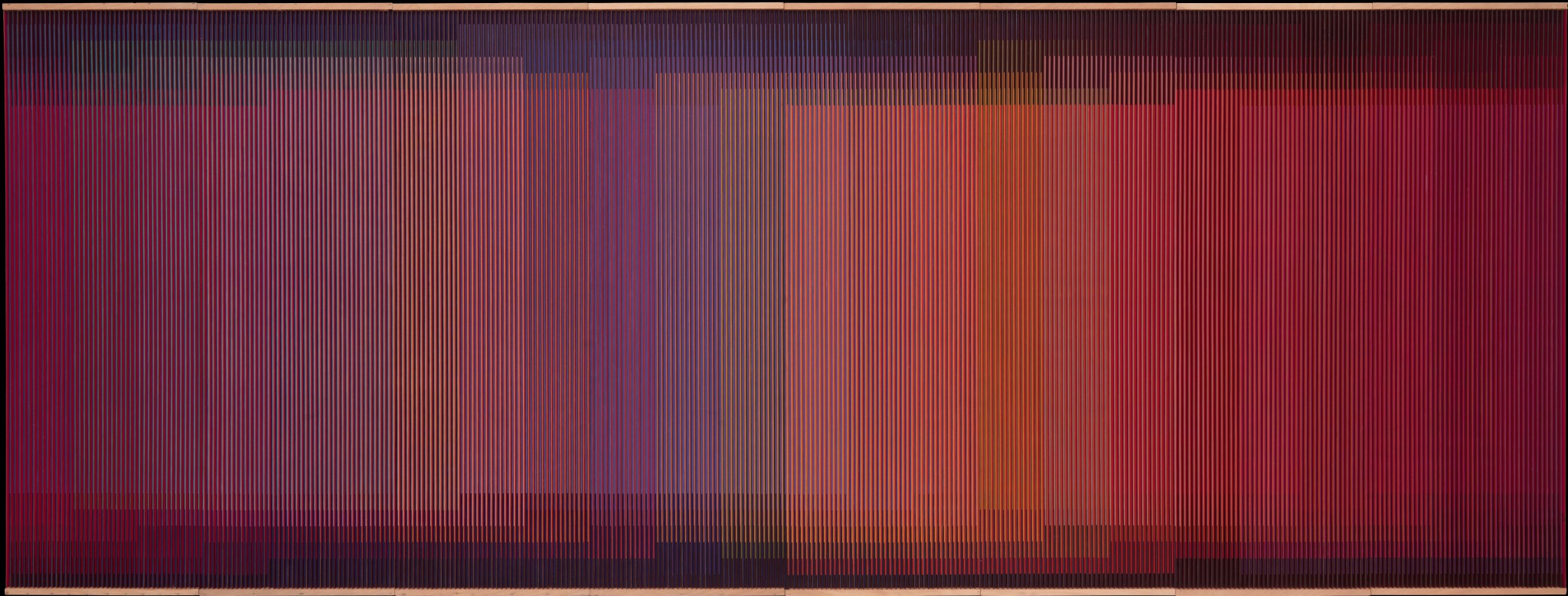Lunes, 23 de enero de 2012
 Francisco Toro de Caracas Chronicles visitó la Comuna Cacique Tiuna, un proyecto urbanístico impulsado por el gobierno. En un artículo en su blog describe sus conversaciones con algunos chavistas durante su visita:
Francisco Toro de Caracas Chronicles visitó la Comuna Cacique Tiuna, un proyecto urbanístico impulsado por el gobierno. En un artículo en su blog describe sus conversaciones con algunos chavistas durante su visita:
Before we’d really managed to ask the first question, the building spokeswoman was off on a rant about how useless the government was.
“They told us we’d get to coordinate with the national government to decide who got which apartments, but it wasn’t like that at all. They just forgot all about the Popular Power (poder popular) and started handing out the apartments to whoever they wanted … plus they don’t really coordinate with each other, so you have two ministries plus the vicepresidency, plus another foundation – all handing out apartments here. Nobody asks for our opinion”…The rest of the visit was all like that: bitching and moaning about shoddy building work, bad urban planning leading to sewers that overflow, deteriorated rainwater collection leaving the area prone to flash floods…
Luego añade:
Of course, the story is entirely different when you ask about president Chávez himself. Genuine gratitude and real warmth shine through whenever people talked about him. There wasn’t anything coerced about it, as far as I could tell: people seemed genuinely delighted to look up to him as their leader….the disconnect between the way they saw him and how they viewed his government struck me as … weird.
Y concluye:
What you see in Cacique Tiuna is a new discursive standard at work, a set of ground rules about what is sayable and what is un-sayable in polite company.
Just as you would tune out anyone who said, “personally, I hate all niggers, but…” people in Cacique Tiuna are not willing to engage in conversation with someone who launches a head-on attack on the president.
It takes a real effort of the escuálido imagination to picture just how socially unacceptable that is in the social universe they inhabit. To East Side ears María Leon’s speech during Chávez’s Memoria y Cuenta might have seemed insanely extreme, but in Cacique Tiuna her outraged response to any direct attack on Chávez is just common sense.
Finalmente señala:
Chavistas are not an unthinking horde. You can engage them, critically, seriously, about shortcomings in the central government (shortcomings that they’re very lucid about) … but only so long as you leave Chávez out of it.
That, ultimately, is the price of entry into the conversation.
Perhaps you think that’s too high a price to pay. But it’s important to be clear eyed about what that means. You need to grasp that in demanding that Oppo leaders “take the fight to Chávez”, you’re demanding that they engage the 15-20% of the country in classes A, B and C at the cost of a fatal rift with the bulk of the 75-80% of the country in classes D and E.
The real fault-line running through the February 12th primary campaign, I think, has been between the three candidates willing to pay that price (Capriles, Pérez and López) – and those not willing to (Machado, Arria, and Medina).
Es verdad que un porcentaje significativo de venezolanos sigue teniendo una fuerte conexión emocional con el presidente Chávez . También lo es que muchos piensan que la culpa del desastre la tiene su entorno y no él. No hay nada original en estas observaciones.
Dicho esto, hay algo contradictorio en el razonamiento de Toro.
Si los chavistas que describe llegan al punto de colocar en un segundo plano su conexion emocional para votar por otra persona significa que algo se rompió: se dieron cuenta que hay un vínculo directo entre los problemas del país y Chávez; que Chávez es directamente culpable de los problemas que padecen. Por eso deciden votar por otro. No hay otra manera de verlo.
¿Por qué entonces no ayudarlos a ver ese vínculo?
Sería lo lógico, ¿no?
¿Y, si la idea es ayudarlos a ver este vínculo, es posible hacerlo sin desafiar la opinión que tienen de Chávez? ¿Dejando a Chávez “fuera” de la discusión?
Más aún, ¿no es precisamente esta una batalla fundamental en el largo plazo para ir forjando en el país una cultura democrática que nos vacune contra futuros rebrotes de izquierdismo autoritario? ¿Conectar los problemas del día a día con Chávez, sus ideas y su proyecto?
Estoy de acuerdo que la manera de proceder es clave. Las críticas deben ser respetuosas; no se debe perder de vista la existencia de este vínculo emocional. Hay maneras de criticar que, inconscientemente, aislan a la oposicion del universo chavista porque sugieren que todos los que apoyan a Chávez son idiotas.
Pero no es fácil convencer al chavista de que vote por la oposición sin atacar las creencias en las que se fundamenta su apoyo afectivo a Chávez.
Más sobre este tema:
- Mi artículo sobre las diferencias entre María Corina y Capriles está al centro de esta discusión.
Share
